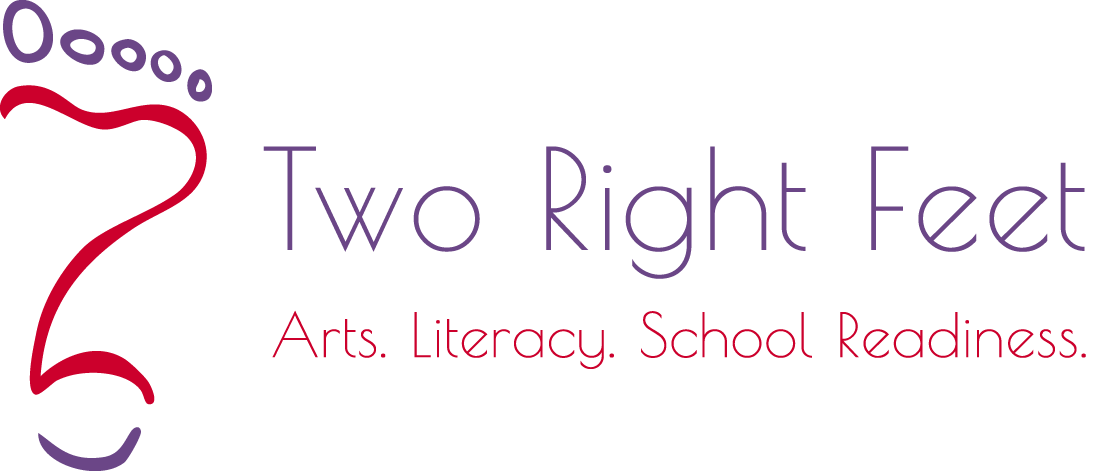After a child has mastered letters and letter sounds, he or she will shortly begin to learn various sight words. What exactly are “sight words”? According to one educational website sight word is defined as, “a word that is immediately recognized as a whole and does not require word analysis for identification. Good readers instantly recognize sight words without having to decode them. Sight words are usually high-frequency words, which occur most frequently in our language.” Learning sight words is truly an important part of learning to read. It can be described as the on-ramp to becoming a proficient reader.
What are some fun ways to help your child or student learn their sight words?
Where The Wild Things Are – Listen and Find Sight Words Activities – Free Printables by a staff writer from No Time for Flashcards shares an engaging and educational activity to do with your student or child that reinforces the learning of sight words. This articles has downloadable printables to use for the well-loved children’s book Where the Wild Things Are by Maurice Sendak. As the children either listens to the book or reads the book himself he can check off or highlight the sight words as he hears or reads them. If the sheet is completed, the child can get a reward. Now is a fine time to stock up on discounted candy for this reading practice activity!
The articles shares a quick warning note regarding this fun activity, however: “Make sure they are familiar with these words, this is a practice activity not an initial learning one. This will be incredibly frustrating for a child who can’t find the words at all. If there is one or two words that are not at all familiar go ahead and color those in before the activity. This isn’t a test, it should be fun!”
What is crucially important is to make sure that your child enjoys the process of learning to read. By making a child’s encounter with books positive, a parent or educator can create a healthy reading habit in their little ones as they grow and learn.
Each printables worksheet can be adapted to practice new sight words for different books and different age-groups, providing the “just right challenge”. Children can go from mastering simple words like “the” to recognizing larger words like “buoyant” or “pterodactyl” as they learn to love and appreciate the gift of language.
 Looking for more information about us? You can see one of our programs on the
Looking for more information about us? You can see one of our programs on the 